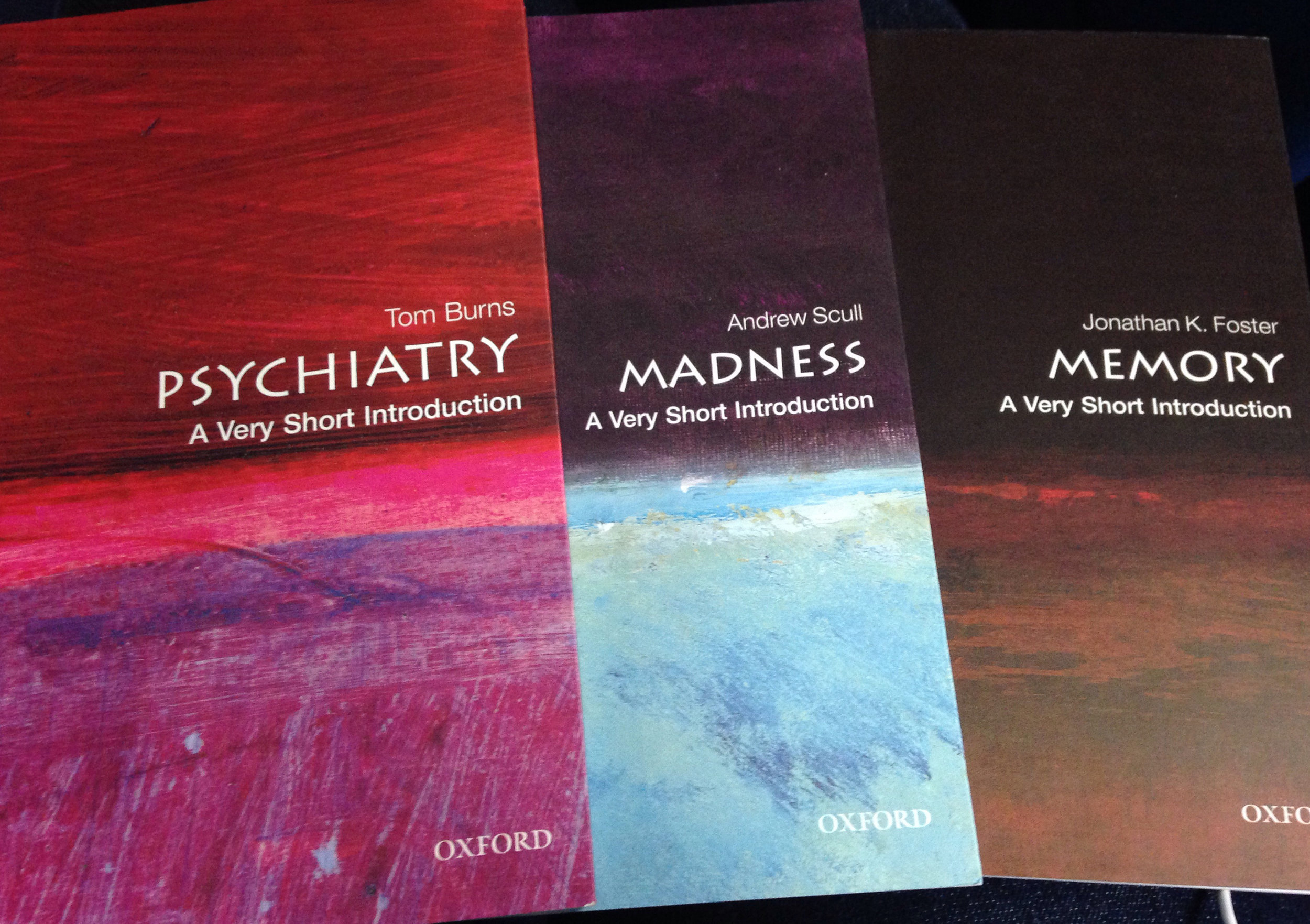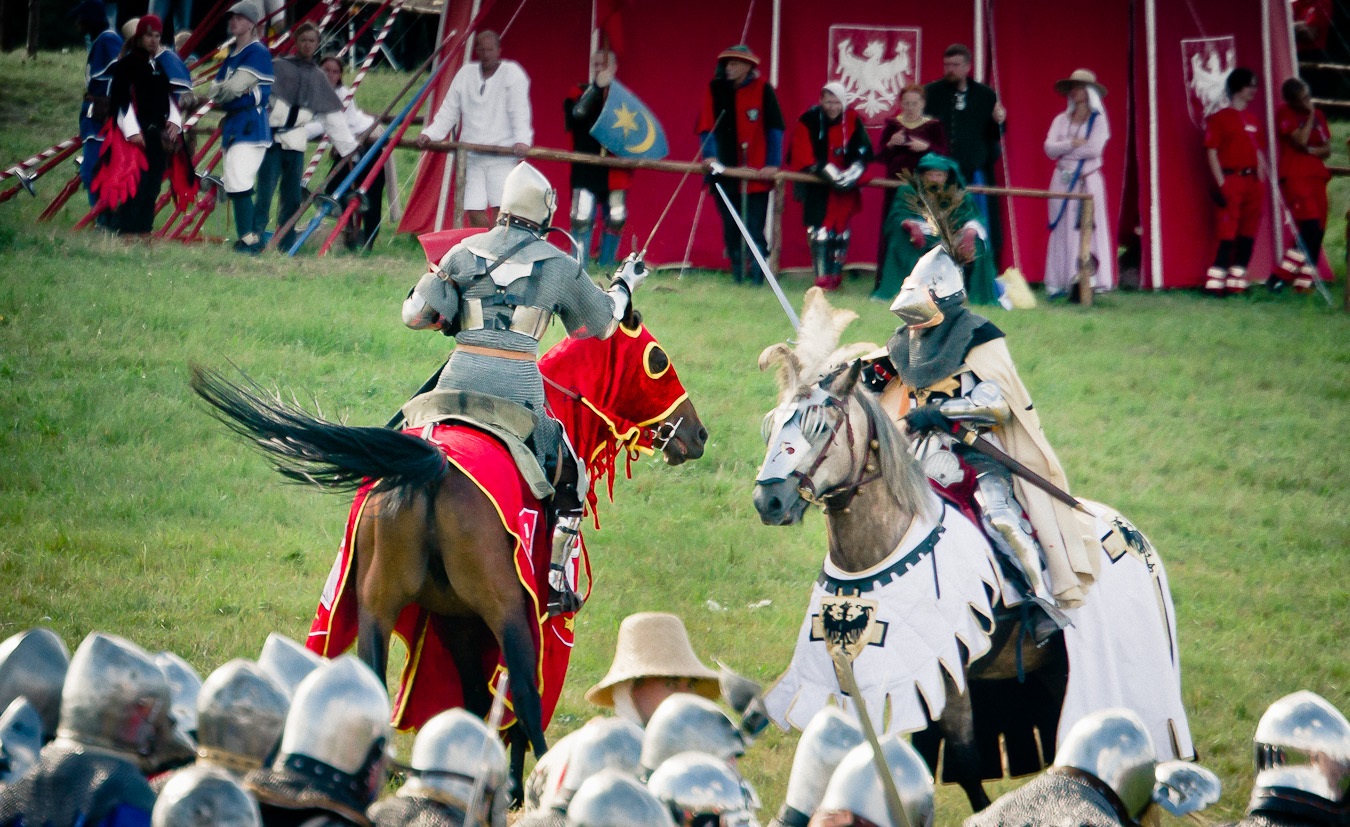How Do I Research A Novel?
Research has been the cornerstone of a lot of my writing for a few years now, ever since I decided to write YA historical fiction for my dissertation. You cannot, as I found out when I was a teenager, simply make history up. Cue me spending a lot of time in the library, asking my friends whether any of the Latin in the book in front of me made sense to them. (It didn't). It meant a lot of reading, a lot of note-taking, and a lot of photocopying of diagrams, blowing them up, colouring them in, finding accurate maps, building the location where my characters were inhabiting. I spent at least as much time researching as I did writing it.
It also proved to me that you cannot hope to write good, authentic fiction - for any age range - without first doing your research. My historical fiction is on hold for now, but that doesn't mean I kick research to the kerb. All it means is that now I research something different. I've been asking favours of friends to either offer me some of their wisdom or put me in touch with someone they know who can answer my questions for me. I've been googling and youtubing specific things that help broaden my non-existent knowledge of the field I'm now researching.
I've also been bemoaning the absence of access to a university library. It makes the process a million times easier.
There are several ways to approach research without a university library, and these are the quick tips and tricks I have picked up so far when researching my current work-in-progress.
1. Very Short Introductions.
Without sounding too much like a walking advert, these books are an excellent kick-start to whatever area of research you want. When at university I used this series for certain theories, which helped enormously in figuring out how I was meant to analyse something. Now, it gives me an overview of a field I know absolutely nothing about, which then means I can narrow down specifically what I am looking for. I've just finished Psychiatry, and am now moving on to Madness, followed by Memory. It's given me a clear run through the history of psychiatry; where, when and how certain techniques were developed; attitudes of society towards psychiatry and treatments; how psychiatry has changed over the last few hundred years. It has given me information I didn't even realise I needed, and has developed my very vague understanding of certain issues that I had beforehand.
The other good thing about these books is that they come with a recommended reading list per chapter at the back. As a result, I'm currently after a copy of Psychiatry (Gelder, Mayou, Geddes; OUP, 2005), and Madness: A Brief History (Porter, OUP, 2002). While these reading lists are undoubtedly shaped by publishers on some level, it is another way in to developing my specific areas of knowledge I need to be able to write my plot and characters authentically.
2. Youtube and Radio.
This may seem exceptionally obvious, and equally unspecific, but this can be a resource used for good. I have been watching short lectures and seminars from different universities about psychiatry and psychiatric treatments, which has helped me understand the modern approaches in this field and where they have originated from. Having someone explain it in their own words can be less dense than reading some hefty tomes, and you can always go back and watch it again.
I've also had a great deal of luck on the BBC iplayer. There are such a range of programmes on there, it is almost certain there will be something relevant to your research. I came across a programme on ECT the other day: totally unexpected, and fantastically useful to me in terms of summarising different attitudes to this procedure as well as including interviews from patients who had undergone ECT. This was of far more us to me than the internet, as there were many unscientific and exceptionally biased articles around this subject area that made getting at the very basic information and facts very difficult indeed.
3. Who Do You Know?
I have a friend who is studying medicine, who I am sure is sick to the back teeth of me asking them questions about random medical things. It usually starts with something like "If (example scenario) were to happen, would (injury) happen to my character?", or "So my character has suffered (insert scenario) and I've given them (injury). How long would that take to heal?".
I'm sure you can imagine the sighs of despair.
But it does come back to who you know. A friend of a friend is a CSI, and one summer I had a very long conversation with them about an explosion I was writing in my novel and how much of certain explosives I would need to cause the amount of damage that would result in the desired outcome occurring for my characters. Once they'd decided I wasn't completely insane, we had an excellent chat about it! It really is worth exploiting all the resources you can find to be able to make your writing as accurate and as realistic as possible. Which leads me on very nicely to...
4. Writing from Experience!
This may seem like a remarkably silly thing to suggest - after all, how many times have writers been told "you must write what you know"? - but as a writer who sticks predominantly to the fantasy genre, I find it a bit hard to agree with this when I don't have the opportunity to cast spells, rear a dragon, or practice raising the dead.
I do, however, agree with writing from experience in certain situations that I can replicate. Which is how I ended up lighting a bonfire in my friend's back garden one summer, attempting to replicate burning someone at the stake with a piece of belly pork. And then threw different liquids on it (that might be drunk at a public burning) to see whether it made the flame change colour. And then, after a long time, putting the fire out and examining what remained of the belly pork. It may not be as exact as a human, but it was close enough to give me a good idea! Chopping up the charred leftovers was a very fruitful research exercise the next day. It meant when I went back to redraft my burning-at-the-stake scene, I could use a lot more detail in my description and be a lot more accurate, rather than guessing what it might be like from the fragments of knowledge left behind from my junior-school unit on the Tudors.
If writing historical novels, re-enactments are also excellent for this.
(To paraphrase Terry Pratchett: "It is probable that this tells you more about the writer than you would want to know".)
5. Specific Blogs and the Well-Informed on the Internet.
While I have found the internet a tricky beast at times when researching, there are corners of it filled with well-informed individuals who can share their knowledge about your area of research. For example, when I was researching my historical novel, I spent lots of time reading the blogs on Elizabeth Chadwick's website, detailing her research for a range of her novels. Given that several of her novels take place during the same time period I was writing, I found it a fantastic source to give me new information and build on information from my own research into the Angevins. It was also encouraging to see her reading list parallelled my own. And it gave me tips for other books to look up!
The History Girls, something Celia Rees put me on to, is another wonderful blog that collects writers with specialist research to help. I find that blogs run by writers who have previously or are currently researching the same field to be the most useful, as they give it to you in Lehman's terms, which allows you to draw information from it without having to dissect textbook-style writing.
So there you have it - five techniques to kick-start researching your work-in-progress! Do share your strategies and sources below - these are only the ones that work for me, and there will be plenty more out there.
Happy researching!
K x



